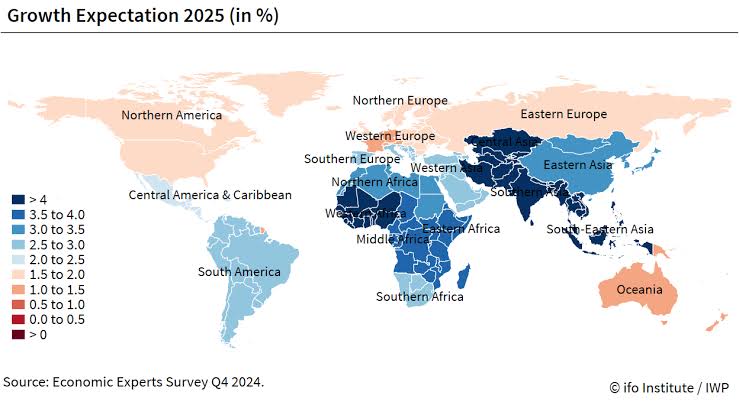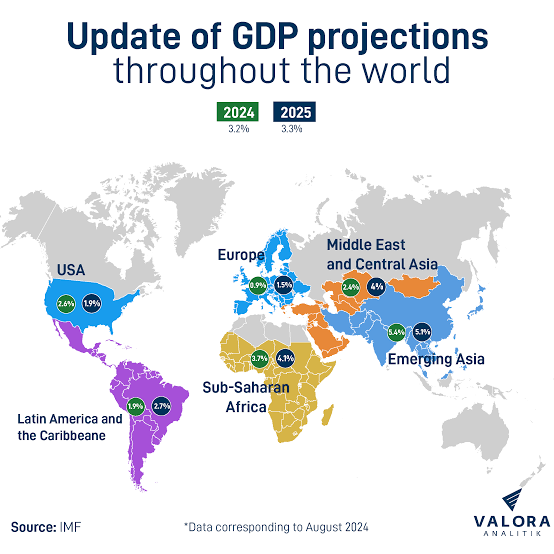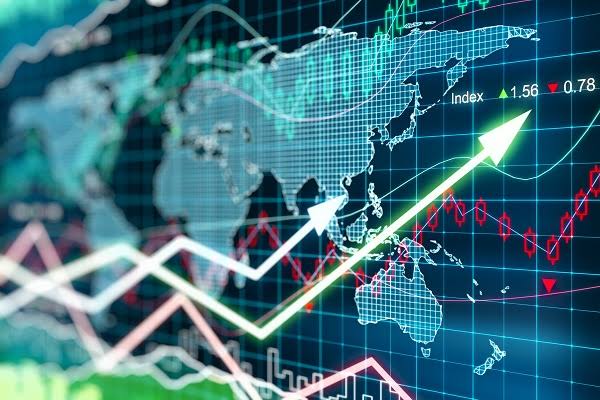CJ Exclusive- New York
As the world grapples with the challenges of authoritarianism, isolationism, and environmental degradation, some experts are questioning the relevance of economic growth as a key metric for success. The traditional measure of Gross Domestic Product (GDP) has been criticized for its narrow focus on economic activity, ignoring important aspects such as welfare, the environment, and human well-being.

### The Limitations of GDP
GDP was created in the early 20th century, and while it was once a useful tool for measuring economic growth, it has several limitations. It fails to account for:
– *Income inequality*:
GDP only looks at the overall economic output, without considering how wealth is distributed among citizens.
– *Environmental degradation*:
GDP measures economic activity without accounting for the environmental costs of production, such as pollution and resource depletion.
– *Human well-being*:
GDP ignores important aspects of human well-being, such as happiness, health, and education.

### Alternative Metrics
In response to these limitations, alternative metrics have been developed to provide a more comprehensive picture of economic success. Some of these metrics include:
– *The World Economic Forum’s Dashboard for a New Economy*:
This metric considers four dimensions: prosperity, the planet, people, and institutions.
– *The Human Development Index (HDI)*: This metric evaluates a nation’s citizens in terms of their health, knowledge, and standard of living.
– *Comprehensive wealth*:
This metric takes into account both income and associated costs in areas such as natural capital, human capital, and produced capital.

### The Case for a New Approach
Experts argue that focusing solely on economic growth can lead to unintended consequences.
such as:
– *Environmental collapse*:
Endless economic growth can lead to environmental degradation and resource depletion, threatening the survival of humanity and the planet.
– *Increased inequality*:
Economic growth can exacerbate income inequality, as the benefits of growth often accrue to the top 1% of earners.
– *Unsustainable debt*:
Growing debt can lead to financial instability and crisis, undermining the very foundations of economic growth.
### A New Path Forward
In light of these challenges, some experts advocate for a new approach to measuring economic success. This approach prioritizes human well-being, environmental sustainability, and social equity, recognizing that economic growth is only one aspect of a country’s prosperity. By adopting a more comprehensive metric, policymakers can create a more sustainable and equitable economy that benefits all citizens, not just the few.
